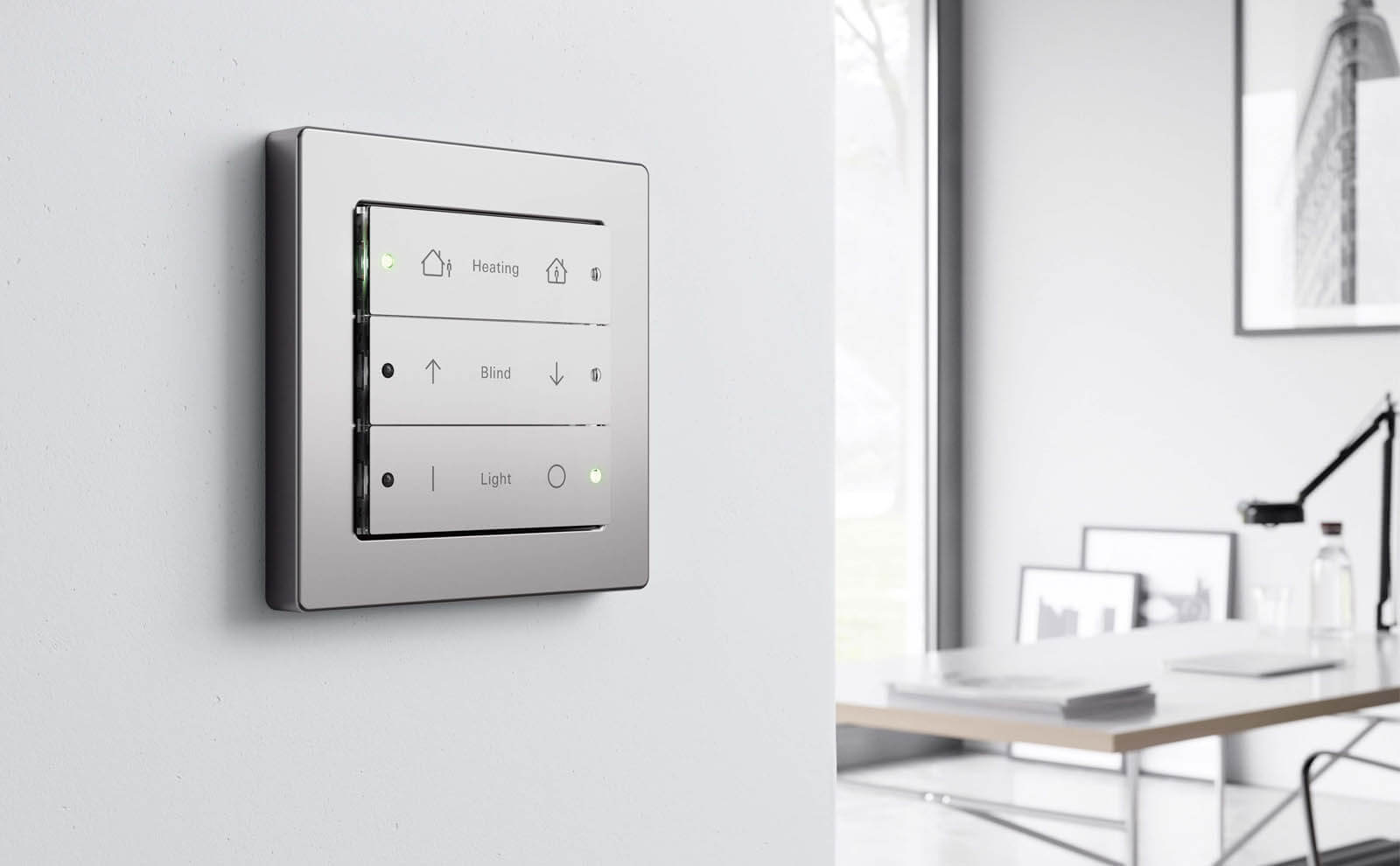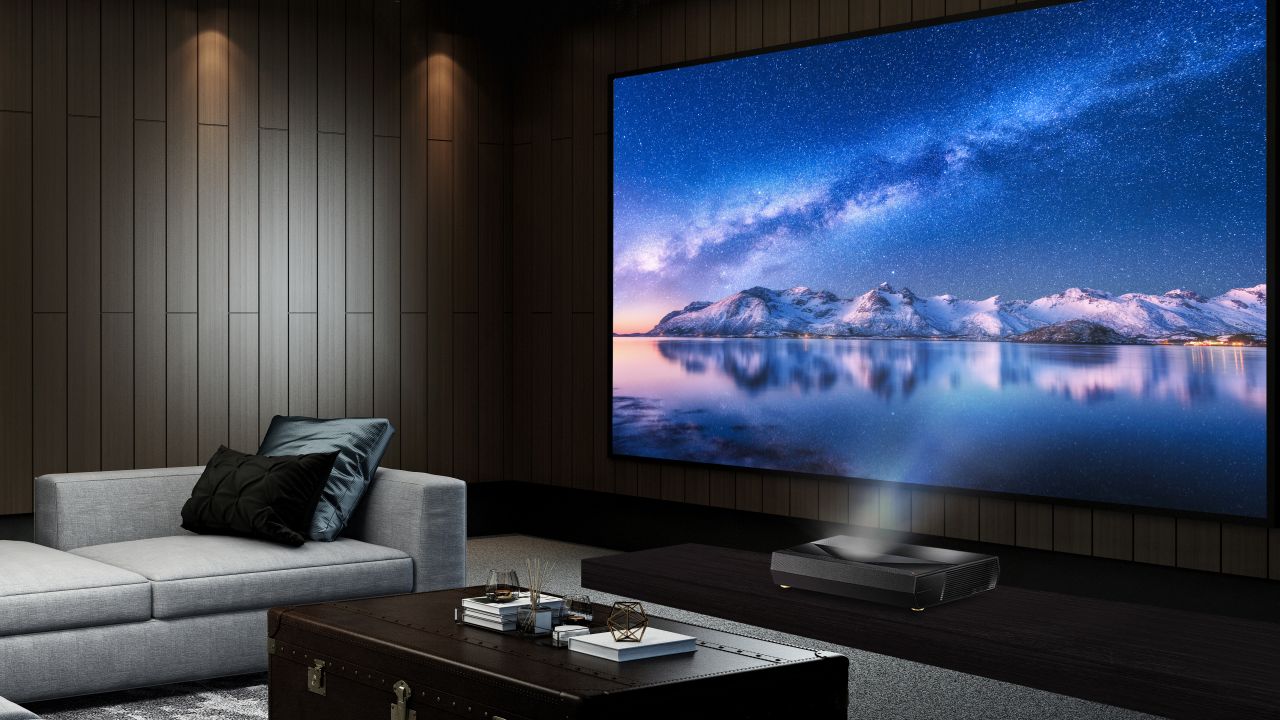Home Automation

What is Home Automation
Home Automation refers to the use of technology to automate various household tasks and functions, making homes smarter, more convenient, and energy efficient. Home automation systems typically consist of various components that work together to control and automate different aspects of the home.
Home Automation Components & their Benefits:
Smart Hubs/Controllers:
Smart hubs or controllers are the central control units of home automation systems. They are usually connected to the home’s Wi-Fi network and serve as the interface for controlling and managing all the smart devices in the home. Smart hubs/controllers allow users to control devices through a mobile app, voice commands, or a central control panel. They provide a unified and convenient way to manage and automate different aspects of the home.
Smart Thermostats:
Smart thermostats are programmable thermostats that can be controlled remotely and learn from users’ behaviors to optimize home heating and cooling. They can be programmed to automatically adjust the temperature based on users’ preferences, occupancy patterns, or external factors like weather conditions. Benefits of smart thermostats include energy savings, comfort, and convenience in managing home temperature settings, and potential cost savings on utility bills.
Smart Lighting:
Smart lighting systems allow users to control their home’s lighting remotely through their smartphones or other devices. They can automate lighting schedules, dim or change the color of lights, and even integrate with other devices for added functionality, such as motion sensors or smart switches. The benefits of smart lighting include energy savings, convenience, security, and customization of lighting scenes to suit different moods or activities.

Smart Security Systems:
Smart security systems typically include smart cameras, sensors, door locks, and alarms that can be remotely monitored and controlled. Users can receive alerts, view live video feeds, and manage access to their homes through their smartphones or other devices. Benefits of smart security systems include enhanced home security, peace of mind, and remote monitoring and control of home security features.
Smart Appliances:
Smart appliances, such as smart refrigerators, smart ovens, smart washing machines, and smart vacuum cleaners, can be controlled and monitored remotely through smartphones or other devices. They often offer advanced features, such as remote control, scheduling, and notifications, that can enhance convenience and efficiency in managing household tasks.
Smart Entertainment Systems:
Smart entertainment systems, such as smart TVs, smart speakers, and media players, can be integrated into home automation systems to provide seamless control and automation of home entertainment. Users can control their TV, music, and other entertainment devices through their smartphones, voice commands, or central control panels. The benefits of smart entertainment systems include convenience, customization, and enhanced entertainment experiences.
Smart Home Security and Monitoring:
Smart home security and monitoring systems include features such as smart doorbells, smart locks, and smart sensors that can alert homeowners to potential security breaches or other incidents. They can be integrated into a home automation system to provide a comprehensive security solution that can be monitored and controlled remotely. The benefits of smart home security and monitoring systems include enhanced home security, peace of mind, and remote monitoring and control of security features.
Energy Management Systems:
Energy management systems use smart devices and sensors to monitor and control energy consumption in a home. They can automate tasks such as turning off lights and appliances when not in use, optimizing heating and cooling settings, and managing energy usage based on occupancy patterns or time of day. Benefits of energy management systems include energy savings, reduced utility bills, and environmental sustainability.

Overall, Home Automation offers numerous benefits, including increased convenience, energy savings, enhanced security, customization, and improved quality of life. Homeowners can enjoy the convenience of remotely controlling and automating different aspects of their homes, resulting in increased comfort, security, and energy efficiency.
